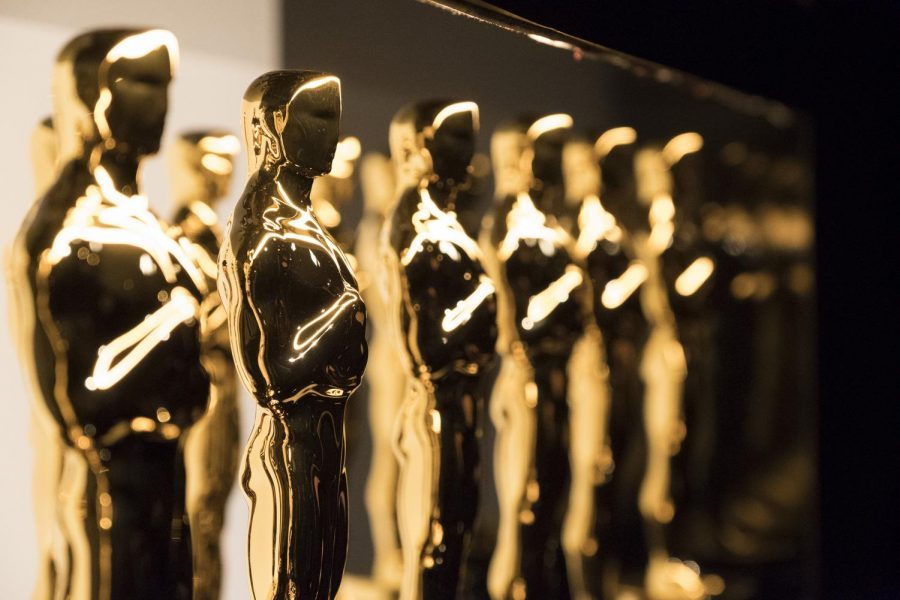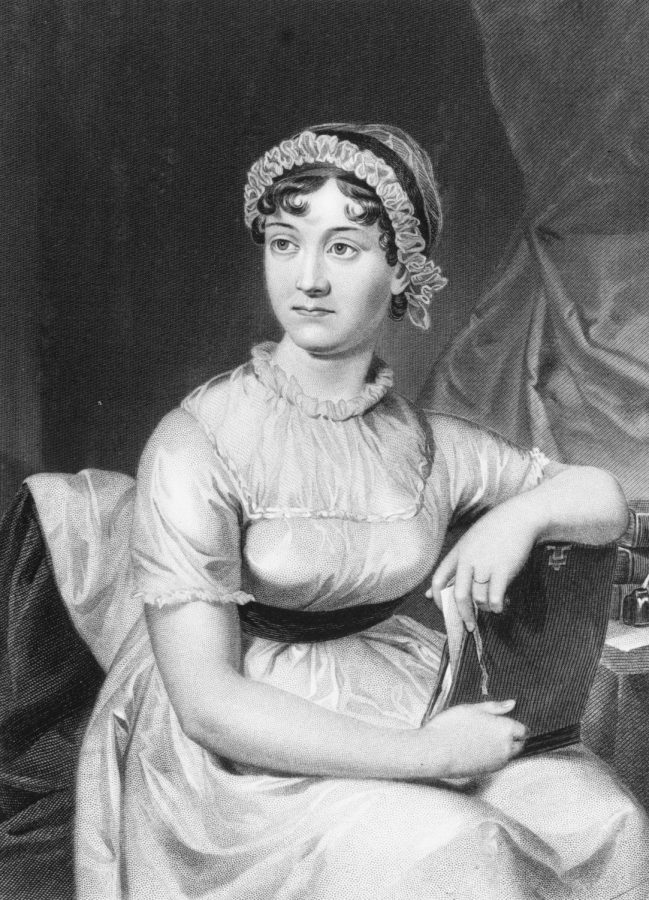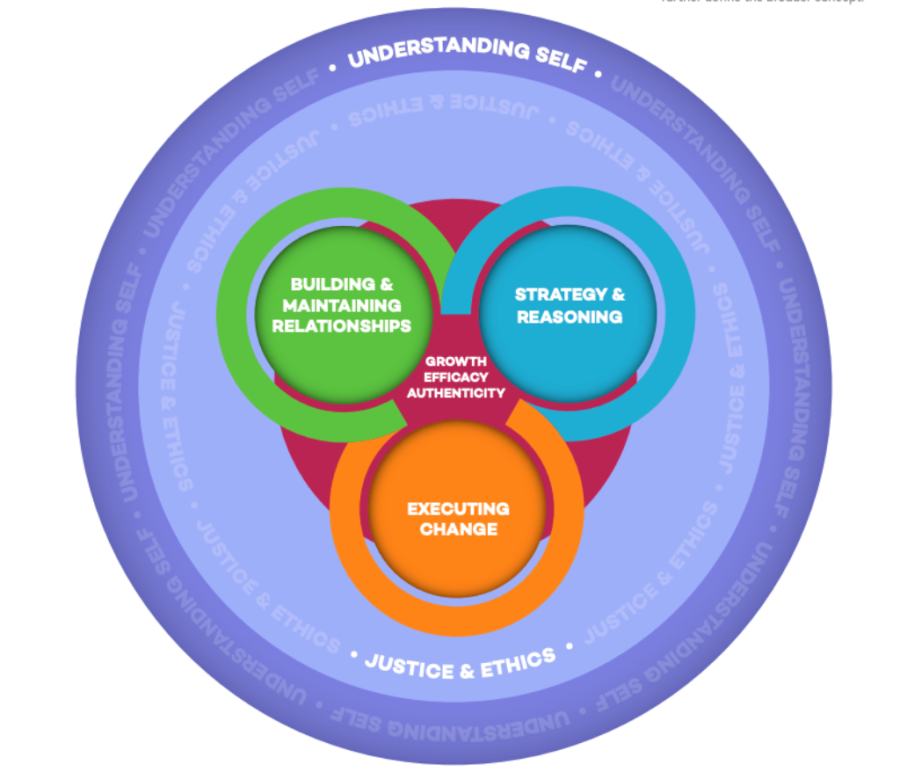Our current era is one of astounding political controversy; we continue to achieve social progress, and yet, we still must resolve countless issues and inequities. Most people have their own outlet for the frustration or anger they might feel, and for some, that outlet is film. Movies and television have not only represented landmarks of social change, but they have pushed America, and the world, towards progress.
This year, I watched every Academy Award nominated film for Best Picture, in addition to many more that were not nominated. Many of these films resonated with me long after the credits rolled, not necessarily because they made me laugh until my sides ached or made me cry in the middle of the theater – although they did – but because many possessed an underlying current of frustration, progress (or lack thereof), and social commentary. Unsurprisingly, Spike Lee’s BlacKkKlansman was unrelenting in its bleak depiction of American inequality, racism, violence, and discrimination that has continued long into the twenty-first century, but others, such as Adam McKay’s Vice, reflected a much more profound commentary than I expected. Interestingly, many of these films are based on true stories, including both of the movies I mentioned above, and they point to a hard lesson not yet learned – history repeats itself.
BlacKkKlansman is the true story of an African American detective, Ron Stallworth, working for the Colorado Springs Police Department who unveiled a chapter of the Ku Klux Klan during the 1970s. The story in itself is obvious in its racial commentary of persistent racism and inequality and accurate in its depiction of David Duke, former Grand Wizard of the Ku Klux Klan and Louisiana state representative; however, Lee makes his point obvious with montages from the Unite the Right rally in Charlottesville, VA, in August 2017. At this rally, Duke was a key speaker, a self-proclaimed Neo-Nazi killed a woman protesting the violence, and bloody fights broke out between the white supremacists carrying torches and those opposed to their message. This footage is incredibly disturbing, disheartening, and terrifying, and Lee is clear that this is the America we live in today, not just the America of the 70s his film depicts. His frustration and anger become our own. He concludes with the American flag, in black and white, upside down.
With a less obvious undercurrent of political commentary, Marvel’s Black Panther, featuring an almost entirely African American cast, encourages the diversity in film that Marvel historically lacks. People of color are often represented in minor roles, but never before has Marvel produced a movie dominated by non-white individuals that reflect strength and individuality, rather than stereotypes. Similarly, Alfonso Cuarón’s autobiographical Roma, a nominee for Best Picture, is an important film – the Spanish language movie details, in black and white, the life of Cuarón’s childhood nanny and maid, a Mexican woman of indigenous descent, in the 1970s. This film adds greater diversity of race and background to the often Americanized and white-washed Hollywood; the film’s lead actress, Yalitza Aparicio, is the first woman of indigenous heritage and the second Mexican actress to be nominated for Best Actress at the Academy Awards. Both of these films make significant strides toward better representation in Hollywood and move away from stereotypical roles for non-whites.
Adam McKay’s Vice, while a comedy in many ways, is a dark biopic about Dick Cheney. Cheney, George W. Bush’s vice president, lacked the charisma that many politicians possess. McKay depicts Cheney as a ne’er do well; kicked out of Yale, Cheney’s wife, Lynne, forcefully pushes him onto the straight and narrow path in rural Wyoming, and through her charisma and their combined determination, he works his way into Washington’s elite circle. However, Cheney is painted as self-interested and calculating. He obsesses over the theory of the unitary executive, a common theme throughout the film that emerges in full-force during his vice presidency. Cheney went unnoticed, but he significantly impacted appointments to the cabinet, foreign affairs, military decisions, press conferences, and environmental protections (or an obvious lack thereof, as the former CEO of Halliburton). McKay’s film is a comedy, and it has to be – no one could survive watching this dark history in total seriousness for two hours – but the audience alternates between laughing genuinely at McKay’s witty writing and laughing hysterically at just how dire the situation becomes. Through his usual humor and comical narration, McKay makes his point clear – we are living in a very similar period to the George W. Bush presidency, with a less-than-experienced Commander in Chief and an experienced, yet quiet and calculated, vice president, and we all should have learned the first time around.
Finally, the film that was not nominated for Best Picture (but should have been, in my opinion), If Beale Street Could Talk, artistically follows a young couple embarking on the beginning of their life together. Based on James Baldwin’s novel, the man is arrested for raping a woman in 1970s Harlem, a crime he obviously did not commit. Baldwin’s point is that this story is one that could have happened anywhere, from Harlem in New York to Beale Street in New Orleans, and is a familiar experience to many African Americans in a discriminatory law enforcement system. We are living in a period of frequent unrest between the police and African American communities, and this film, directed by Barry Jenkins, is again an important reminder of our tendency to continue repeating our own history.
Many films possess a depth to their stories that becomes social commentary. The films of the last year often depict a reflection on the past and our tendency to continue repeating its mistakes. From film, we are able to consider our own biases, flaws, and prejudices; we must utilize this artistic outlet to further our conversations about our continued fight for progress.








